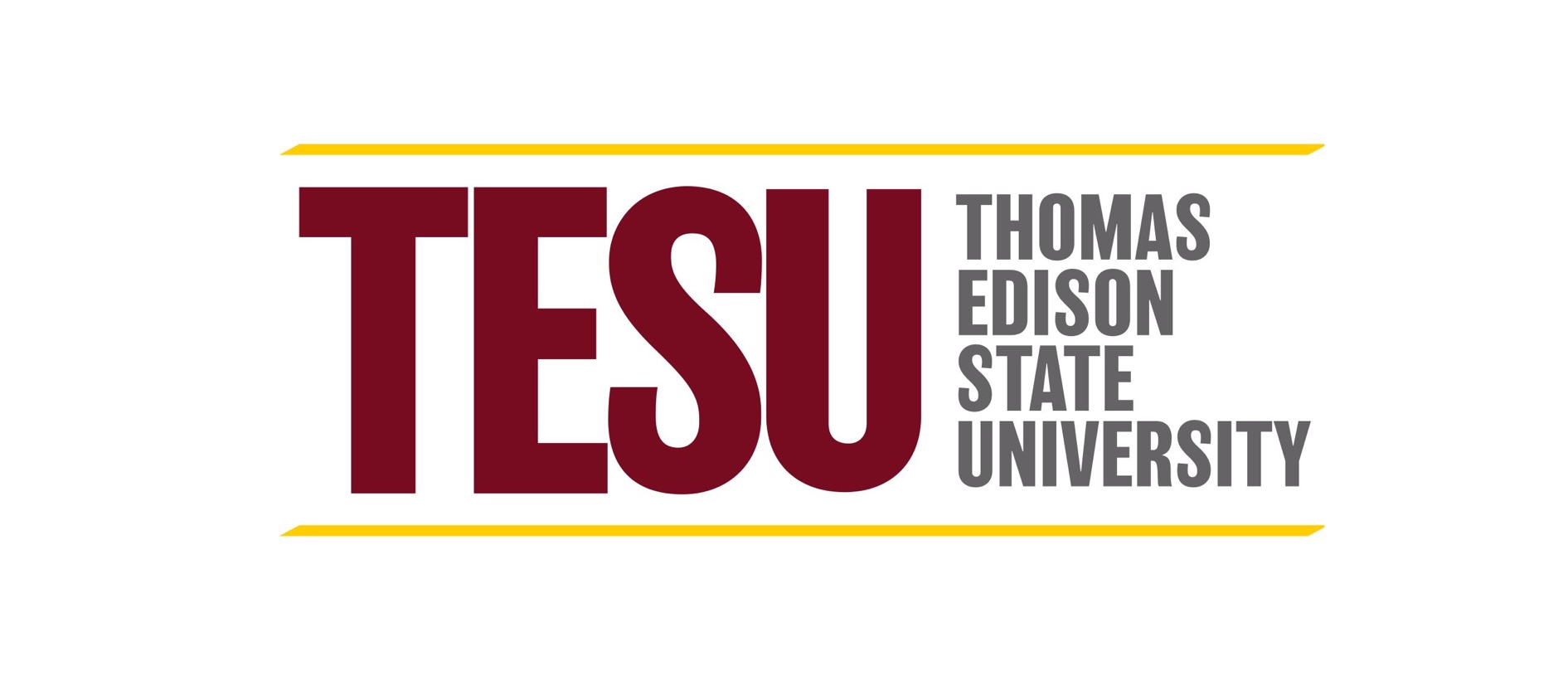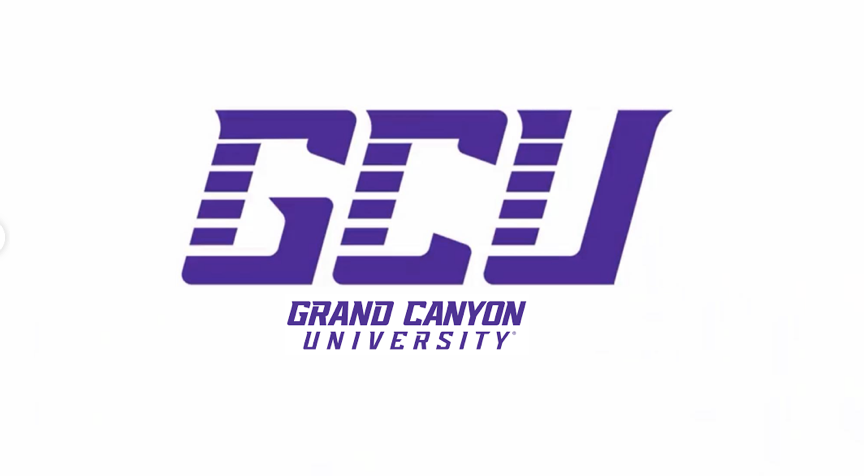Lorem ipsum dolor sit amet, consectetur adipiscing elit. Suspendisse varius enim in eros elementum tristique. Duis cursus, mi quis viverra ornare, eros dolor interdum nulla, ut commodo diam libero vitae erat. Aenean faucibus nibh et justo cursus id rutrum lorem imperdiet. Nunc ut sem vitae risus tristique posuere.
Why GCU’s Elementary Education Program is Perfect for Degree Hacking
If you’re passionate about becoming a teacher but need a program that works with your schedule, GCU’s BS in Elementary Education is built for you. With its flexible format, it’s also a smart choice for degree hacking for several key reasons:
Flexible Transfer Credits Options
- Bring in up to 90 credits from previous classes, including education-related courses you’ve already completed
- Test out of basic general education courses with exams like CLEP or DSST to save time and money
- Focus on specialized elementary education courses at GCU that help you advance your teaching skills
Elementary Education Courses Built to Boost Your Teaching Career
- Gain practical skills that prepare you for real classroom challenges and leadership roles
- Build a strong foundation in child development, instructional strategies, and classroom management that helps you stand out in the job market
- Get the chance to pursue special focus areas, such as STEM, teaching and reading, and ESL, that fit your career goals and open up new specialized teaching roles
Why Most People Take 4+ Years (And How to Do It in 12–18 Months)
Why Most People Take 4+ Years:
A lot of students spend more than four years and over $55,000 earning their elementary education degree because they don’t realize they can speed things up with some smart degree hacking.
Here’s what usually slows them down:
- They repeat basic education courses unnecessarily: Instead of transferring previous credits from related coursework or certifications, some students take classes covering material they’ve already mastered.
- They don’t maximize the 90-credit transfer limit: Some students transfer only a portion of their eligible credits, which leads to extra courses and a longer time to degree.
- They stick to a traditional schedule: GCU’s online elementary education degree program gives students more leeway to schedule their life around their learning and not the other way around.
- They miss out on credit-by-exam options: Without testing out certain subjects, students end up paying for classes they could skip via CLEP or DSST exams.
Here's what degree hackers do that others don't:
- Use transfer credits to the fullest: Bring in previous college coursework and related credits to skip classes you’ve already mastered.
- Concentrate on advanced education courses: GCU’s program is tailored so you only take what’s necessary to earn your BS in Elementary Education.
- Take advantage of flexible scheduling: With multiple start dates and shorter course sessions, you can complete your degree faster.
- Result: Graduate in less than 18 months for ~$13,800 total.
The secret to finishing your degree faster is tackling general education courses affordably elsewhere, then using GCU to focus on the core elementary education classes that really matter.
Strategy Guide: Tips on How to Hack GCU’s Elementary Education Program
We’ve put together this accelerated degree-hacking plan for GCU’s Elementary Education degree using insights from grads, advisors, and experienced degree hackers.
It’s designed to help you move through the program confidently, sidestep common slowdowns, and build a path that keeps things affordable, efficient, and focused on getting you classroom-ready as quickly as possible.
GCU Online Elementary Education Pre-Enrollment Hacks:
- Test Out of Basic Courses with CLEP/DSST - Save time and money by testing out of intro-level classes. CLEP exams start at $97, and DSST exams at $100, both of which are way cheaper than a full college course.
- Knock Out Gen Eds and Electives - Study.com offers low-cost, self-paced courses in general ed, electives, and even some education-related topics. Starting at $95/month, you can finish multiple classes that GCU may accept for transfer.
- Dust Off Old Credits and Experience - Past college credits, military training, or job certifications might still count. GCU accepts up to 90 transfer credits. Don’t leave free credits on the table just because you didn’t ask.
- Build a Custom Transfer Game Plan - Sites like DegreeHacked.org can help you map out exactly which credits to earn before enrolling, estimated costs, and degree timeline with a personalized degree-hacking game plan.
GCU Elementary Education Degree Hacking Plan
Elementary Education Transfer Credits: What Transfers and What Doesn't
While you can’t transfer in the full 120 credits, the real win comes from knowing how to divide and conquer. By completing certain courses elsewhere for less and saving the most valuable ones for GCU’s elementary education core, you can make your time and money go a lot further.
Here’s a smarter breakdown to help you plan your credits and stay on the fastest path to your teaching degree:
- ~34 - 40 Credits: General Education courses (easily transferable)
- 68 Credits: Major courses (mostly GCU only)
- ~12 – 18 Credits: Open Electives (many transferable options)
GCU Elementary Education Degree Requirements: Course Transfer Strategy
Why Degree Hacking Works for GCU Elementary Education Students:
- Finish Sooner: With the right transfer credits and a focused course plan, elementary education students can wrap up their degree in 12–18 months. It’s way faster than the usual 4 (or more) years
- Cut Your Costs Big Time: By knocking out gen eds and electives through affordable options like CLEP/DSST exams or Study.com, students often save $30K–$40K+ on their total tuition
- Stay Focused on Your Future Classroom: Degree hackers skip the unnecessary detours and dive straight into GCU’s teaching-focused courses—like child development, classroom strategies, and more
Ready for Your Complete Plan?
The complete degree-hacking plan includes the following:
✓ All 29+ course-by-course transfer equivalencies
✓ Finding low-cost Study.com or exam alternatives (like CLEP/DSST) for each required class
✓ Full breakdown of costs and how long it really takes
✓ Other alternatives for your preferred degree-hacking choices
Applying to GCU for the Bachelor of Science in Elementary Education
When to Apply: The Best Enrollment Time
The best move is to apply to GCU’s Elementary Education program after you finish your outside credit options. That way, your GCU curriculum can focus on the core education courses unavailable elsewhere.
GCU Admissions and Transfer Logistics
- Complete and submit your online application along with all required admission documents
- Make sure official transcripts from every college or university you’ve attended are sent directly to GCU
- Apply anytime! GCU’s rolling admissions mean you can submit your application throughout the year
GCU Tuition and Other Aid Information
- Tuition costs $460 per credit plus fees
- You can get help paying with FAFSA, military benefits, scholarships and grants from GCU, and credits for work experience
- Cut costs by finishing general ed and elective classes before starting at GCU
GCU Bachelor of Science in Elementary Education Career ROI
- Median salary for Kindergarten and Elementary School Teachers: $62,310
- Degree Payback Time: 3 - 4 months of work for 30 credits
- Plus: Opportunities for advancement or specialization, chances for education leadership roles, and a clear path to graduate programs for higher pay
- Typical Roles: Elementary School Teacher, Special Education Teacher, Literacy Coach, School Administrator, Curriculum Developer (For Elementary Level)
Plan smart, and you could finish your GCU Elementary Education degree in less than 18 months, save over $40K, and start your teaching career by next year.










.webp)

.webp)
.svg)
.svg)
.svg)
.svg)
.svg)






